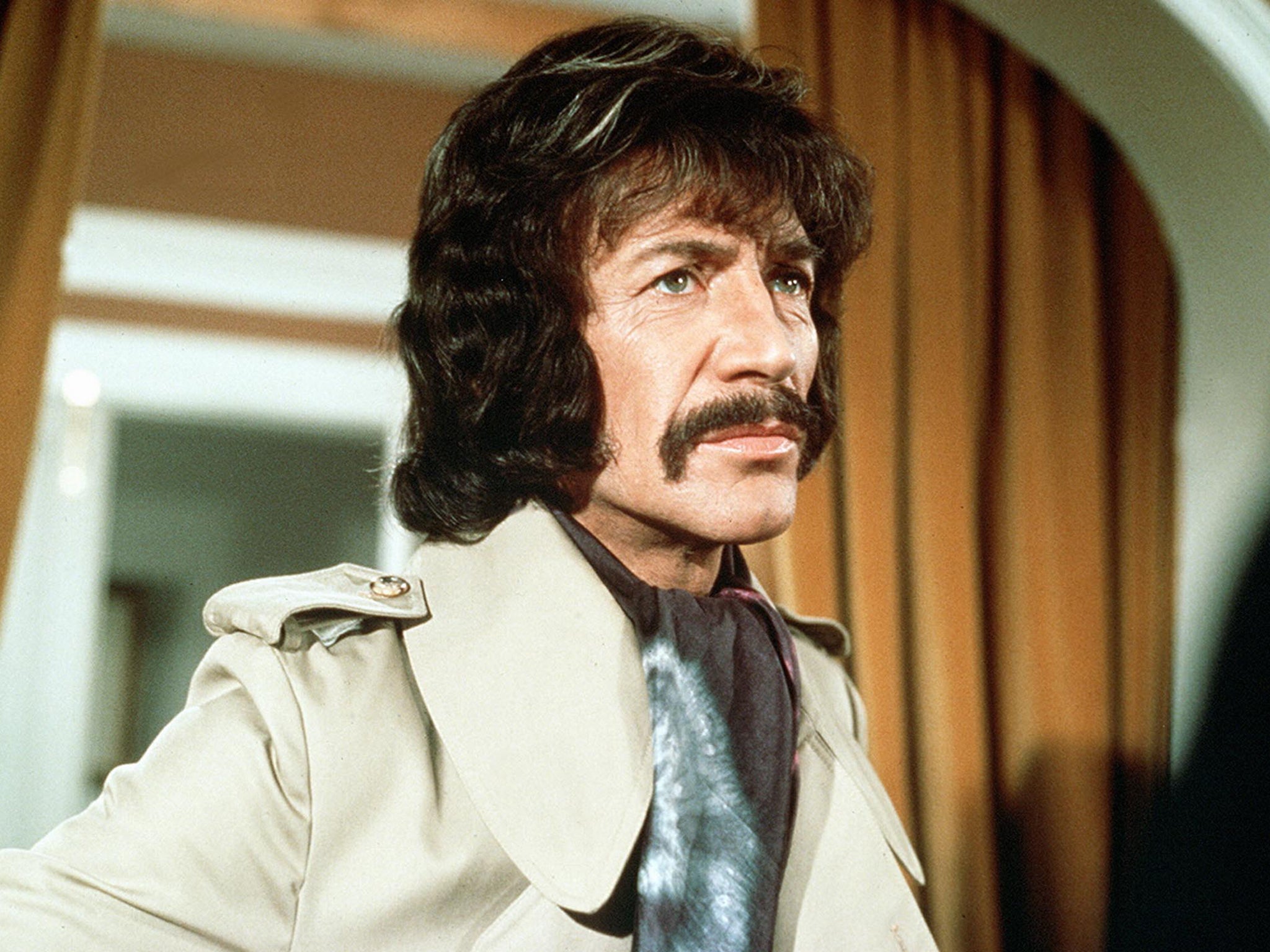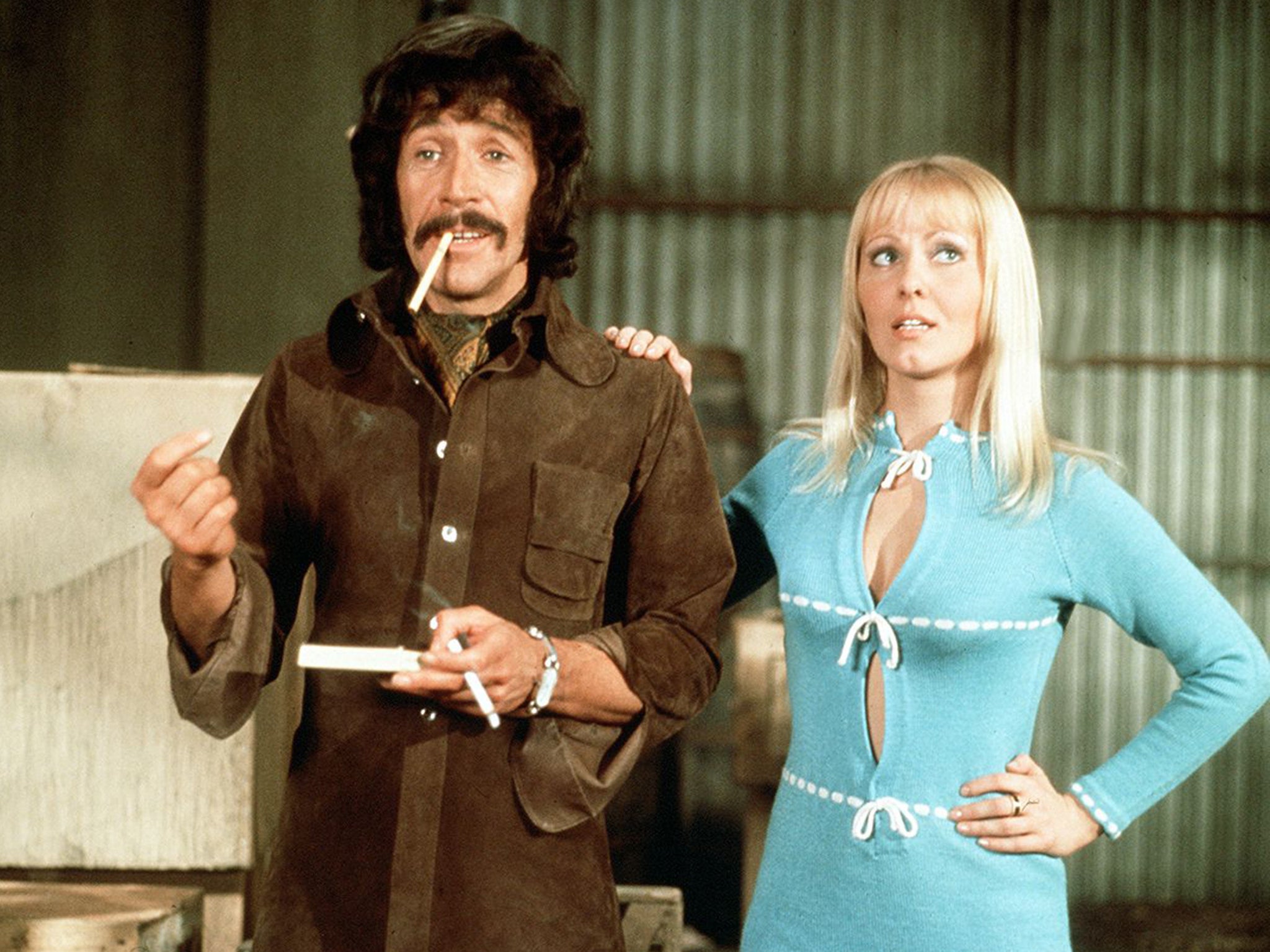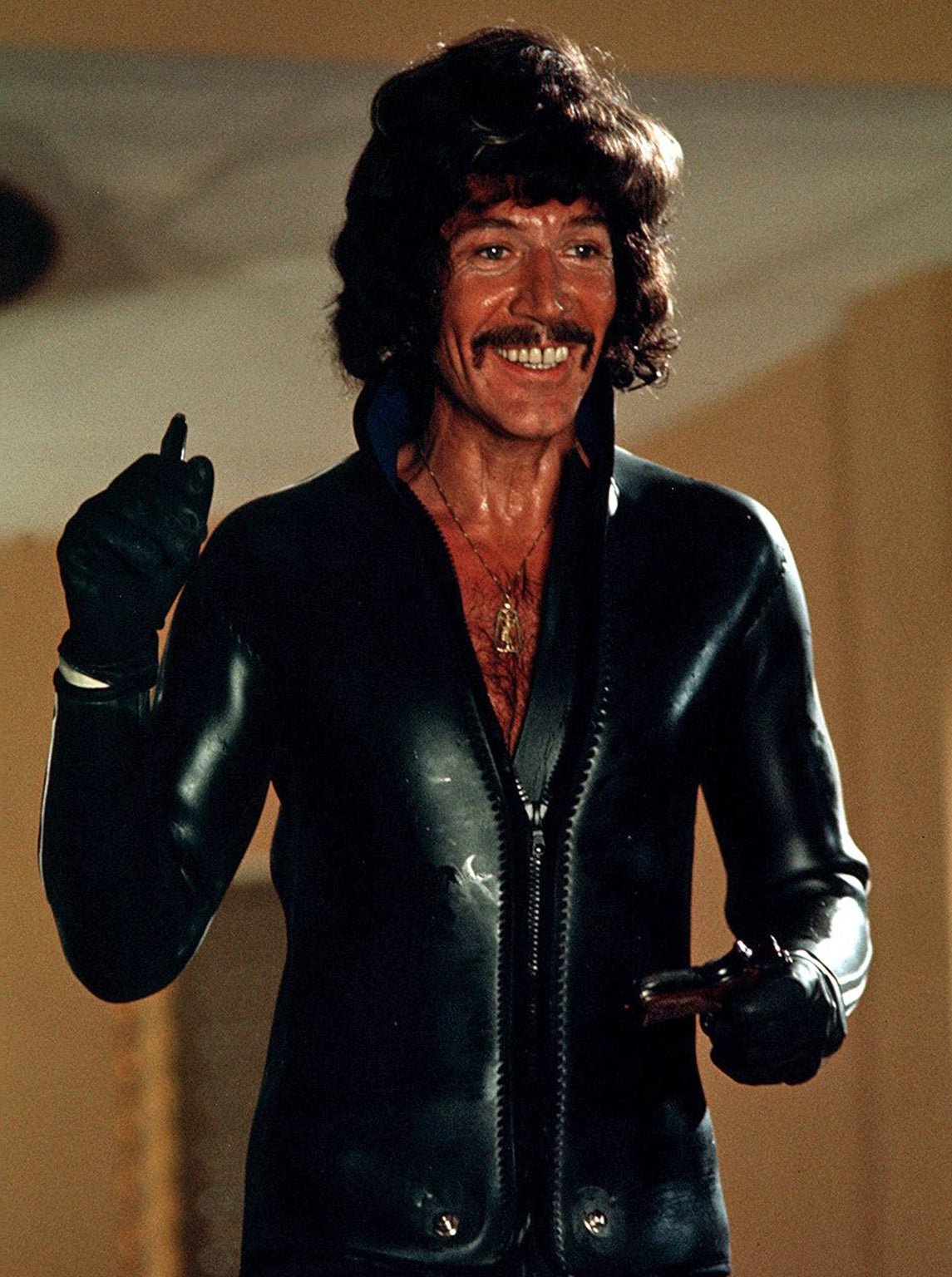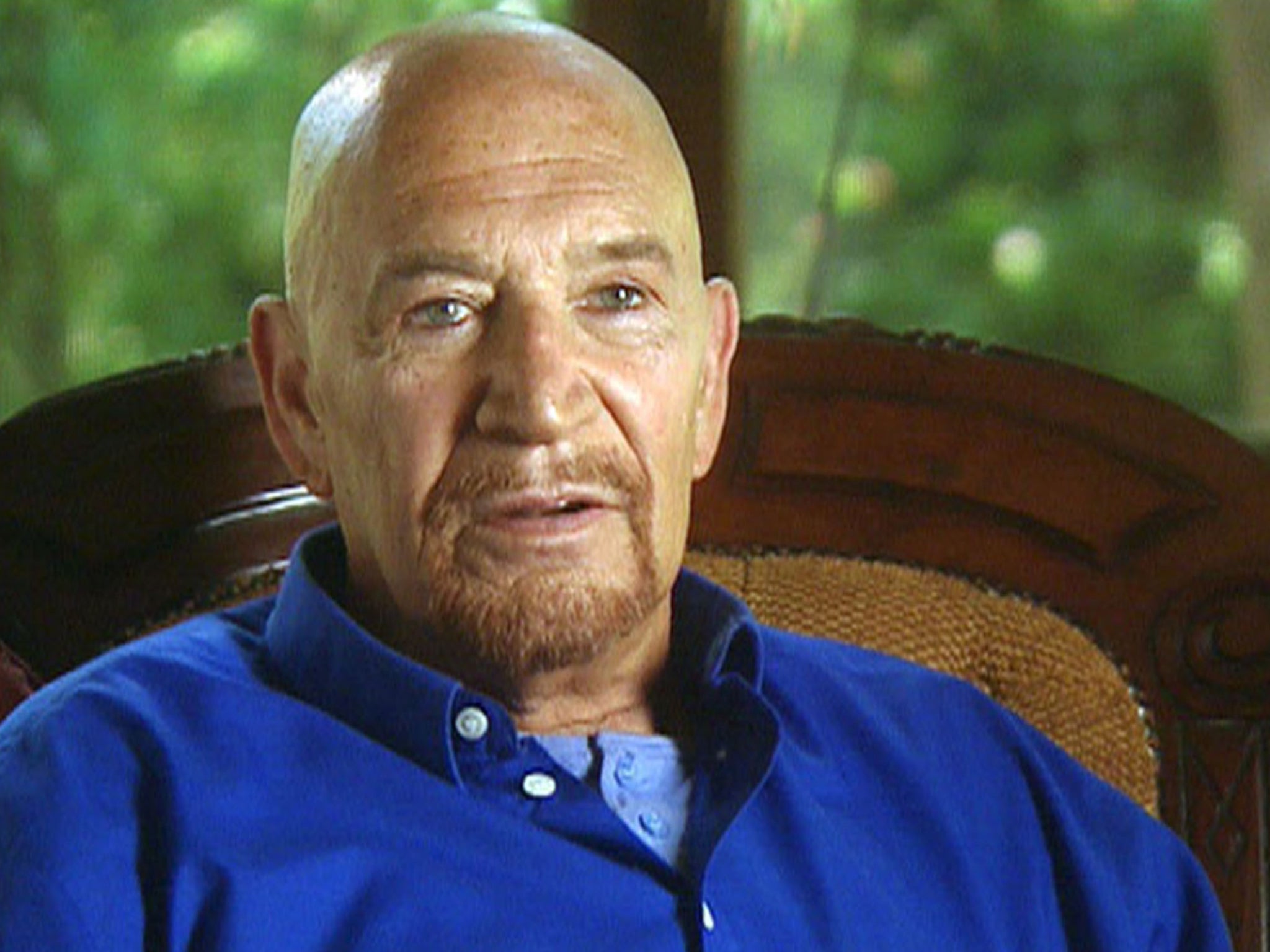Before Austin Powers there was ‘Jason King’ – and the fabulous Peter Wyngarde who has died aged 90
No one rivalled Jason King, the detective he played in the series of the same name, for sheer insouciant, arch, camp style. But Wyngarde fell victim to the disapproval of a homophobic era

Your support helps us to tell the story
From reproductive rights to climate change to Big Tech, The Independent is on the ground when the story is developing. Whether it's investigating the financials of Elon Musk's pro-Trump PAC or producing our latest documentary, 'The A Word', which shines a light on the American women fighting for reproductive rights, we know how important it is to parse out the facts from the messaging.
At such a critical moment in US history, we need reporters on the ground. Your donation allows us to keep sending journalists to speak to both sides of the story.
The Independent is trusted by Americans across the entire political spectrum. And unlike many other quality news outlets, we choose not to lock Americans out of our reporting and analysis with paywalls. We believe quality journalism should be available to everyone, paid for by those who can afford it.
Your support makes all the difference.When I was growing up in a little terraced house in Leicester, there would be beamed into our living room telly a glimpse of an impossible glamorous world filled with fast cars, frightening gangsters and one unimaginably stylish and exotic central character – Jason King – played by Peter Wyngard, who has died aged 90.
I remember that he was a writer for a living, imagine that, and had a 1950s Bentley Continental coupe – which he took to the Continent to confront villains in places such as Paris, Vienna or Monaco. He ate strawberries – for breakfast, when we were only just discovering Alpen. He drank champagne at any and all hours, inexplicably.

He was elegant and always surrounded by beautiful things. He had a Zapata moustache, like the popular singer of “Where Do You Go to My Lovely?” Peter Sarstedt; or Derek Dougan who played for Wolves, when they were a big club). He was frilly and flared in every way, like the Dr Who of the era, Jon Pertwee, another fully frilly and flared telly hero. He might as well have come from another planet, a sci-fi show such as Space 1999 or The Tomorrow People.
There was a magnificent vogue at the time for rich playboy-style crime-fighters, such as Tony Curtis (plus Ferrari Dino) and Roger Moore (plus Aston Martin V8) in The Persuaders, each and every episode a glorification of violence and sexism. Or The Avengers, a more civilised and surreal take on the genre, with Patrick Macnee in a bowler hat and Diana Rigg in a leather cat suit. No wonder those men who watched telly in the 1970s when they were growing up later found themselves on the wrong side of history, feminism and #MeToo. No TV personality, though, rivalled Jason King for sheer insouciant, arch, camp style.

But then, one day, when I was a slightly bigger kid it all stopped. No more Jason King on his chaise longue in his Chelsea mews home, no more seducing models in clothes made by Balmain, no more sipping Napoleon brandy in his apartment on the Boulevard St Michel.
The shows, harmless escapes from the three-day week and power cuts, and with sometimes ingenious plotting, weren’t even repeated. I had assumed that it was somehow a matter of fashion, and that just as glam rock gave way to punk, so too must Jason King flamingo flights of fancy gave way to The Sweeney’s gritty realism.
It was only much, much later that I read, I think in Private Eye, the reason for Wyngarde’s switch from ubiquity to obscurity. It was an incident that took place in the rather unglamorous and unerotic surroundings of the gents’ loos at Gloucester Bus Station. Wyngarde was caught, very possibly by some sort of a police entrapment, engaged in what was described as an act of gross indecency with a man.
Wyngarde maintained his innocence and proffered the explanation, for why he had been discovered prone in a cubicle, that he had slipped backwards on a piece of soap carelessly left on the floor. He was given a token fine, but this television career, at any rate, was simply over.
Nowadays it wouldn’t happen (the prosecution I mean, not the slipping over on the soap) and we’d condemn the sort of treatment he suffered at the hands of the telly executives of the time as homophobic.

Reading about Wyngarde’s life since it seems he made the best of things and picked up some work in the theatre, and sounded a proud and charming man who hardly deserved what had happened to him. It was a rather backhanded compliment that the various parodies inspired by the lies of Wyngarde – the Austin Powers movies being much the most celebrated – were vastly more famous than the actor who had inspired them. It should have been that Wyngarde would have gone to many more roles on the small screen and, in due course, played a willing cameo to his alter ego in some of those successful – and lucrative – homages to his 1970s persona that later emerged. A shame.
Join our commenting forum
Join thought-provoking conversations, follow other Independent readers and see their replies
Comments